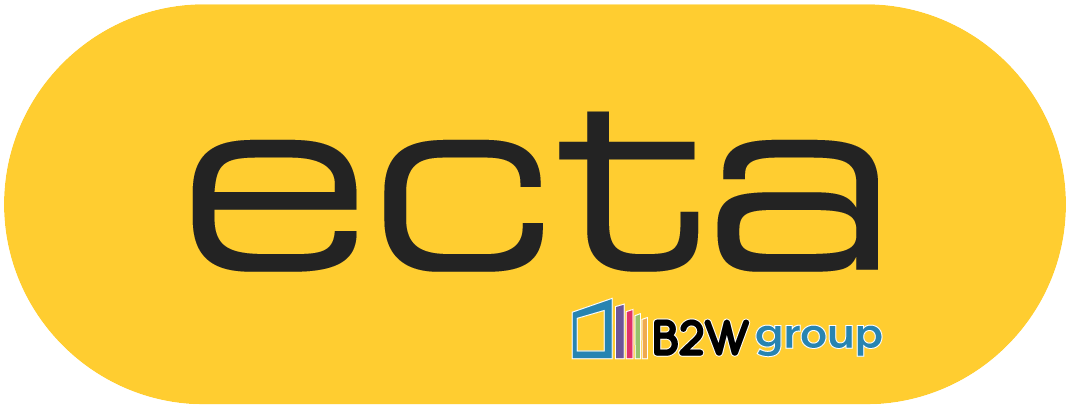In the Clean Growth Strategy, the Government have a target of 600,000 heat pumps to be fitted annually in the UK by 2028. This is part of a 10 point plan to help the UK go Carbon NetZero by 2050.
Those currently installing heating in domestic property are the target workforce to help meet those targets, and with gas prices rising rapidly, consumers are becoming more switched on to alternative ways of heating their homes. Gas Engineers and Plumbers will increasingly face enquiries from customers looking for ways of reducing heating bills and making their homes more energy efficient and environmentally friendly
This Skills Bootcamp aims to upskill gas engineers and plumbers to be able to install, maintain and service air source heat pumps in domestic property, whilst also giving essential underpinning skills and knowledge prior to taking the heat pump qualification.
The modules are detailed below, and allow installers to gain additional qualifications and certifications (where they do not already hold them) which may be useful in other areas of their work.
Who is eligible for this course?
Applicants for our Air Source Heat Pump training bootcamp must have a Level 2 or 3 in either Plumbing, Heating and Ventilating, Oil-Fired Technical Services, Gas Installation and Maintenance or approved equivalent.
Course Overview
The course is run over 9 days (usually in 3 day blocks across 3 separate weeks) and consists of the following modules:
Week 1
- Water Regulations (1 Day)
- Energy Efficiency (1 Day)
- Unvented (1 Day)
Week 2
- Low Temperature Heating Design (3 Days)
Week 3
- ASHP (3 Days)
Certificates Include:
Water Regulations
- Water fittings
- System design and installation
- Prevention of cross-contamination
- Backflow prevention
- Water for use outside a property
Unvented Hot Water
- Unsafe situations and emergency actions
- Pipework (including sizing, installation,
defects and faults) - Testing (covers standing and working
pressures, flow rates) - Safety controls
- Installation requirements
- Commissioning and servicing
Energy Efficiency (Part L)
- Part L of the Building Regulations
- Boiler sizing – whole house method
- The importance of SEDBUK ratings
- Principles of gas condensing boilers
- Hot water cylinder replacements
- Controls
- Environmental consequences
Air Source Heat Pumps
This course has been designed for Heating and Plumbing engineers to provide the necessary
skills for the design, installation, testing, commissioning, handover, servicing and
fault-finding of air source heat pump systems in accordance with the latest NOS/QCF criteria
and MCS scheme requirements
Low Temperature Heating Desing
This course is designed for plumbing and heating engineers to provide the necessary skills
for the design of low temperature heating systems.
Who is eligible for funding?
Self Employed/Unemployed
- 100% fully funded
- No personal contribution
SME (249 employees or less)
- 90% fully funded
- £399 employer contribution
Large Employer (250 employees or more)
- 70% fully funded
- £1,199 employer contribution

